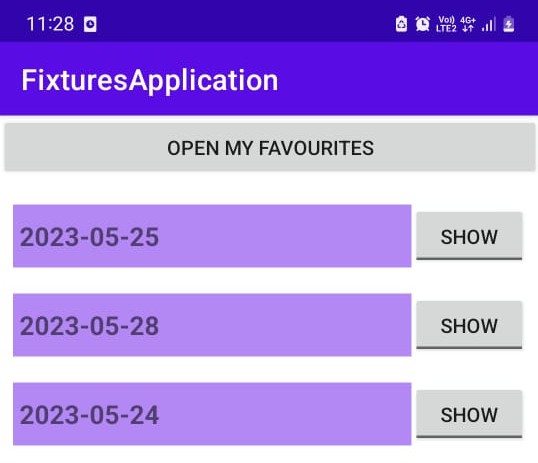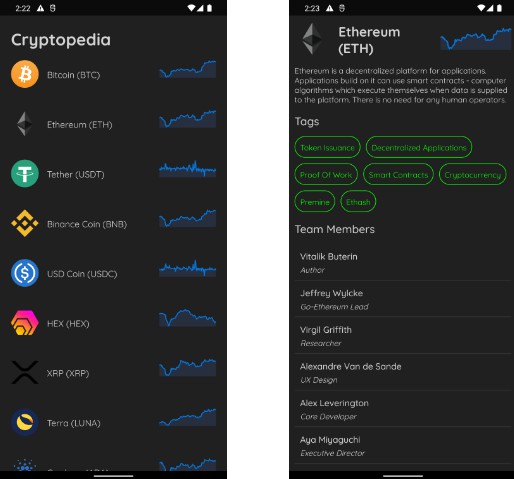Cryptr Kotlin Example
This kotlin implementation consume co.cryptr:cryptr-kotlin:VERSION in a kTor example
Installation
First step is to import the dependency
Gradle(Kotlin)
implementation("co.cryptr:cryptr-kotlin:0.1.2")
Gradle(short)
implementation'co.cryptr:cryptr-kotlin:0.1.2'
Configuration
The Cryptr Kotlin SDK can be either configured with chosen parameter, directly when instantiate or through System properties
import cryptr.kotlin.Cryptr
// if you use system properties you call just init like this
val cryptr = Cryptr()
// If you prefer to define them manually
val cryptr = Cryptr(
tenantDomain = "my-saas-company",
apiKeyClientId = "api-key-id",
apiKeyClientSecret = "api-key-secret"
)
// You can also specify your cryptr service url
val cryptr = Cryptr(
tenantDomain = "my-saas-company",
baseUrl = "https://my-saas-company.authent.me",
apiKeyClientId = "api-key-id",
apiKeyClientSecret = "api-key-secret"
)
See .env example file to see how to configure with a dot env file
When instantiated, an API Key Token will be generated using provided API Key credentials
Usage
When instantiated you can start building your SSO Headless process.
SSO SAML Challenge creation
This process allows you to generate a challenge to start a SSO SAML authent process without using a front-end for the entire process
// 1. generate a challenge from any point of your app (requires network) and retrieve authorization URL
val ssoSamlChallengePayload =
cryptr.createSsoSamlChallenge(
redirectUri = "https://localhost:8080/some-callback-endpoint",
orgDomain = orgDomain,
userEmail = userEmail
)
if (ssoSamlChallengePayload is APISuccess) {
val authorizationUrl = ssoSamlChallengePayload.value.authorizationUrl
}
// 2. Give this authorization URL to the end-user (ex: by email or just by a redirection)
SSO SAML Challenge validation
When End user succeeded his SSO SAML authentication process it will be redirected to the request redirectUri
// Example with Ktor
import io.ktor.server.routing.*
routing {
get("/some-callback-endpoint") {
val challengeValidation = cryptr.validateSsoChallenge(call.parameters.get("code"))
if (challengeValidation is APISuccess) {
val endUserAccessToken = challengeValidation.value.accessToken
// do your session opening process
} else {
// manage error
}
}
}
Fore more examples see the CryptrApiable



